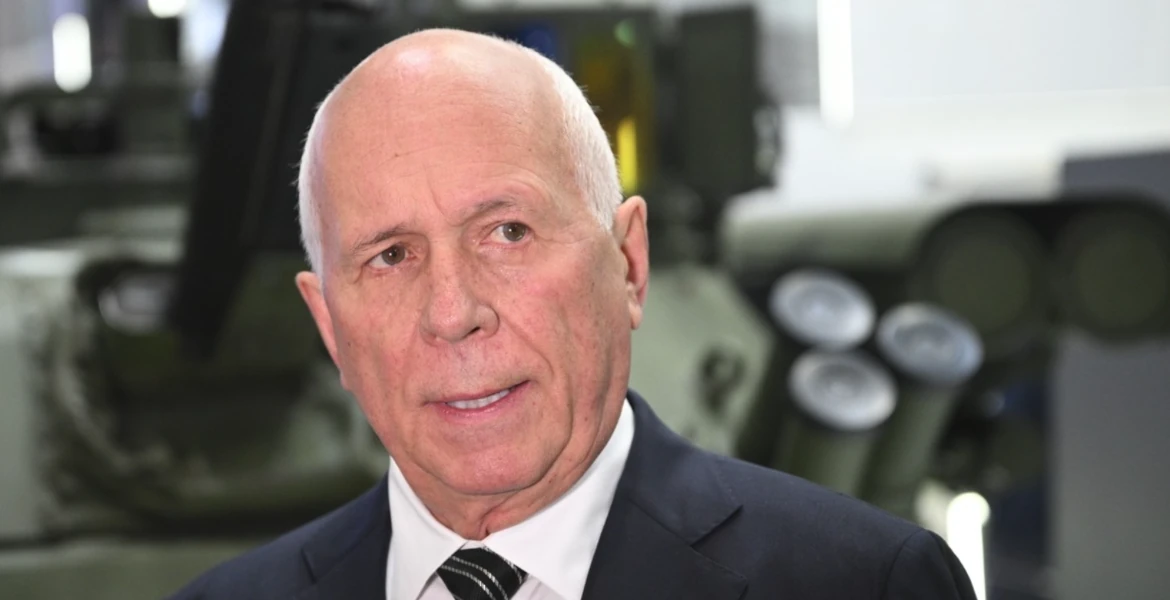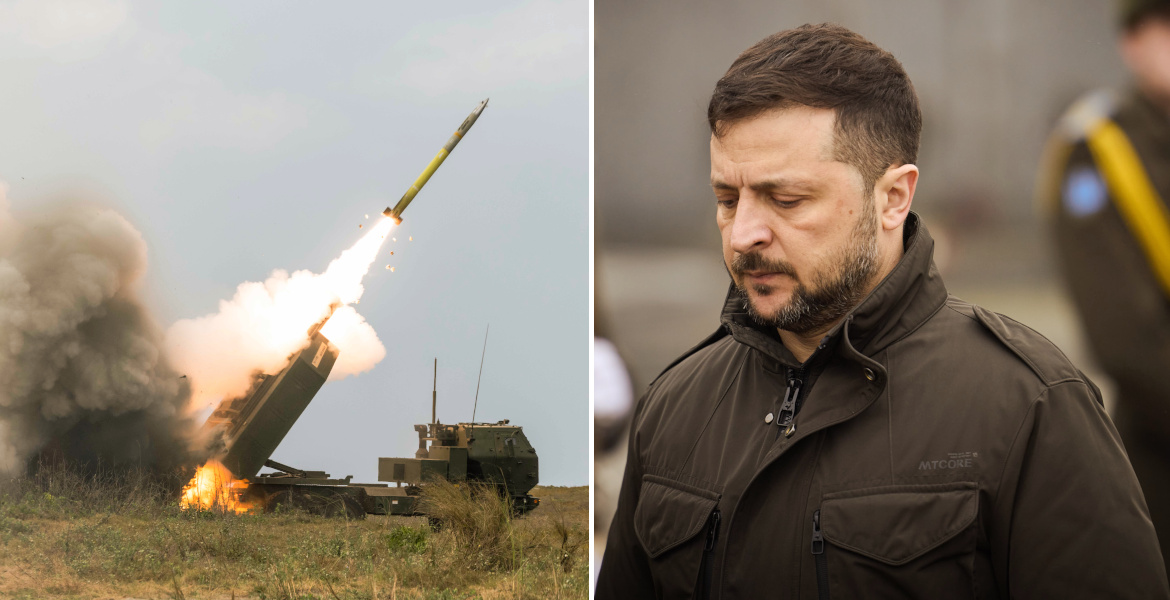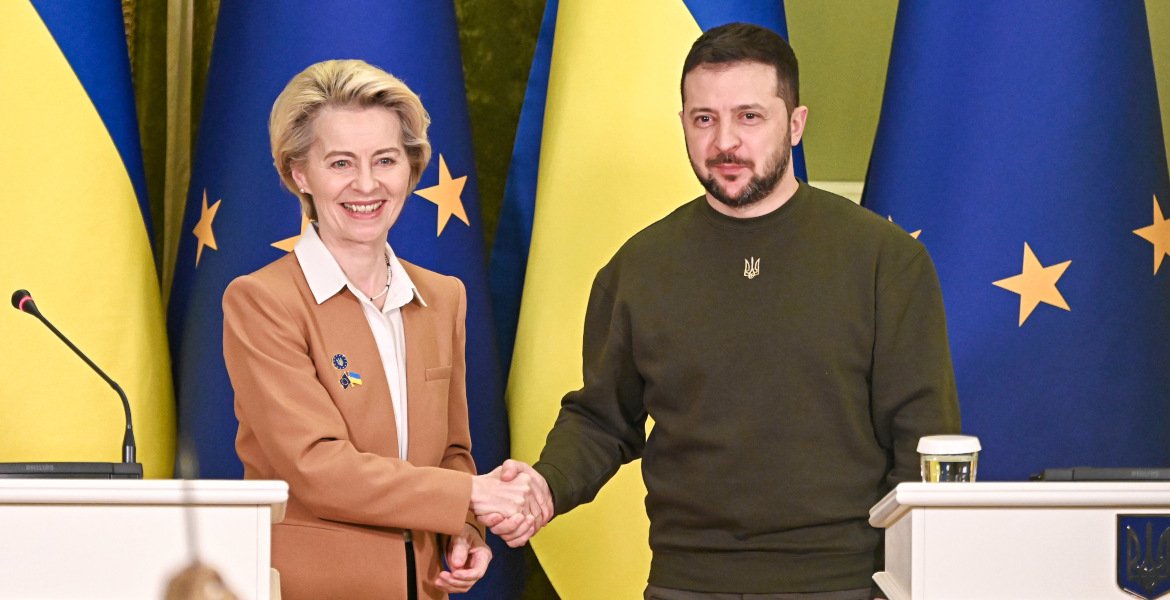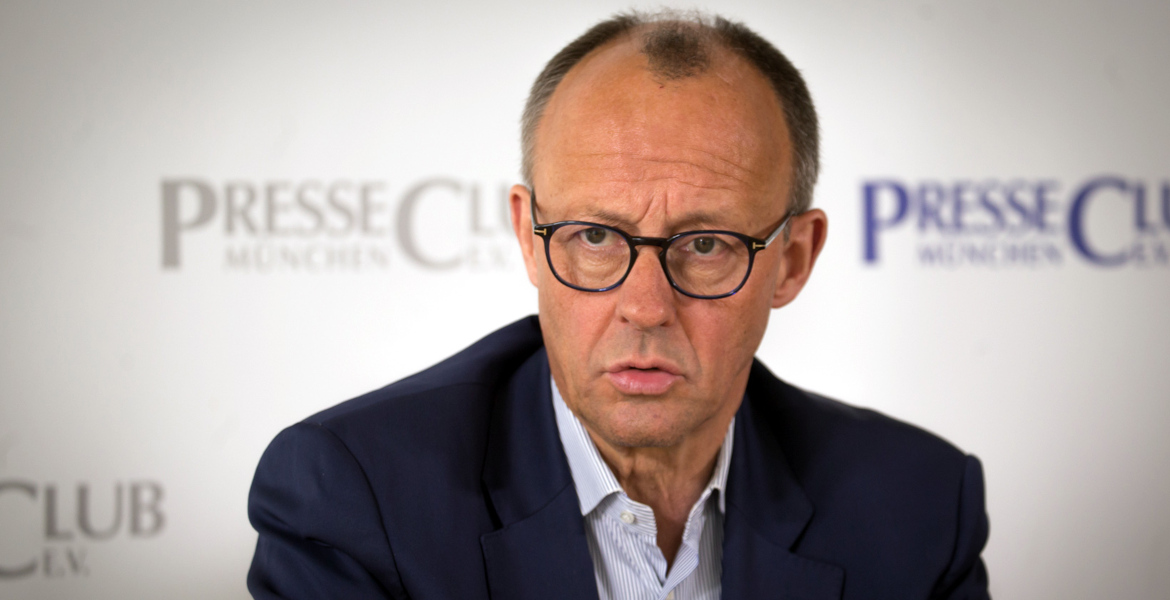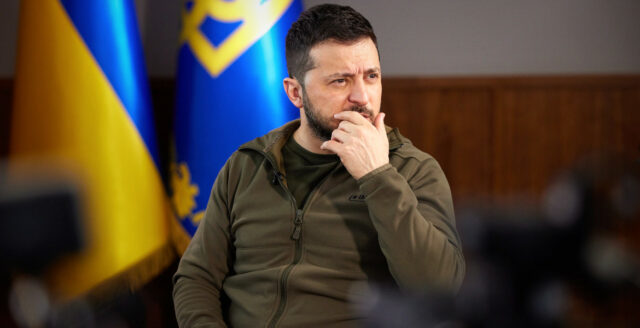All over the world, there are popular demonstrations in support of peace talks and against further escalation of the Ukraine war. Also in Washington DC in the US, Rage Against the War Machine, a cross-party organization, gathered over the weekend a thousand people in a peace demonstration with many prominent politicians and journalists.
Almost simultaneously with US President Joe Biden's appearance by train in Kiev and UK Prime Minister Rishi Sunak's pledge of long-range missiles to Ukraine, upwards of a thousand peace demonstrators gathered yesterday at the Lincoln Memorial in Washington DC, for a manifestation called the "March Against the War Machine".
A large number of public figures and former politicians from across the political spectrum participated, including several former US presidential candidates. A common thread in the speakers' speeches was a call for the US government to end military aid to Ukraine in favour of diplomacy. They also want to see Congress cut the Pentagon's budget in order to address a number of pressing domestic issues.
Former Congresswoman and Democratic presidential candidate Tulsi Gabbard was one of the featured speakers. She offered a reminder of what prompted her to run for president in 2020, warning that an escalation of the war could lead to the unthinkable.
@TulsiGabbard calls out the inevitable outcome of this game of chicken the #uniparty has us playing. #RageAgainstWarMachine video feed credit: @LPNational pic.twitter.com/d7qCgK0oZ1
— Nathan Miller (@realnatemiller) February 19, 2023
– Two short years later, what I warned about is now a reality. The proxy war we are currently waging against Russia could develop into a direct conflict between the US/NATO and Russia at any moment. Anyone with any common sense knows that a cold war can turn into a hot war against a nuclear-armed country at any moment," warned Tulsi Gabbard.
Republican Ron Paul, a former member of Congress and former presidential candidate, also stressed the need to shut down the Federal Reserve System, which he said was a factor driving the war.
– If you can't print money, if you can't collect taxes by devaluing the currency and stealing wealth from the people, you can't wage war. The middle class and the poor ... are the ones who are really paying for this," he continued.
Democrat Congressman Dennis Kucinich also condemned the US government's policy in Europe to embarrass the US and escalate the situation further, referring to Seymour Hersh's recent revelation about US involvement in the Nord Stream attack.
– By blowing up the Nord Stream gas pipeline, this government has circumvented the first article of the US Constitution - that it is Congress that decides on war.
– It has used illegal and unconstitutional means to destroy energy resources needed to protect millions of people in Europe during the winter and then to profit from illegal acts by selling energy to Europe at four to six times the price," Kucinich continued.
Aside from a few provocateurs wearing Soviet flags, Russian military Z badges and almost cartoonish attire in Russian colors who tried with some success to steal the focus from the rest of the event, the demonstration went off peacefully.
Among the variety of other speakers, as well as other personalities present, were former Green Party presidential candidate Dr. Jill Stein and - via link - Pink Floyd prodigy Roger Waters.

